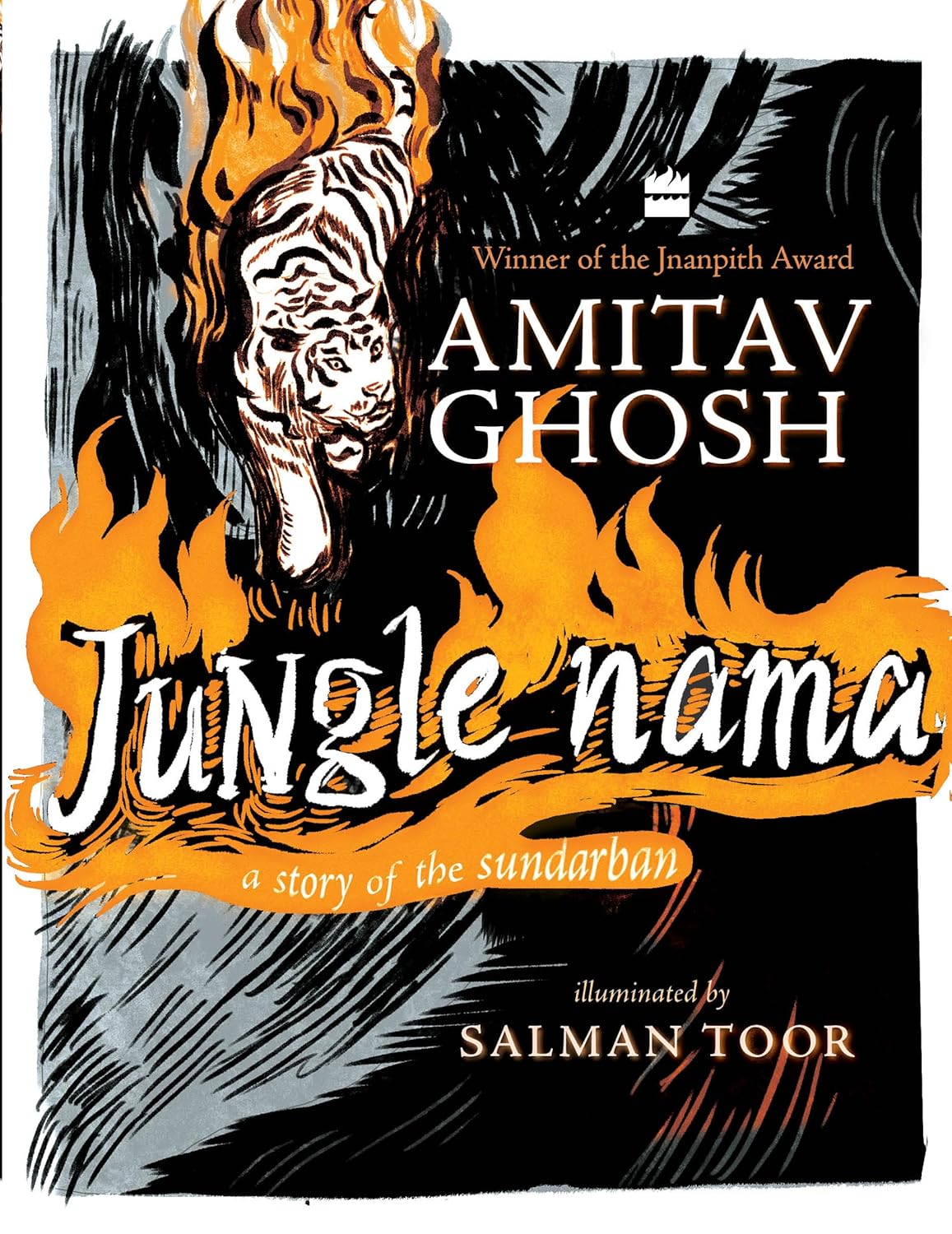Jungle Nama A Story of the Sundarban
Amitav Ghosh was born in Calcutta, and grew up in India, Bangladesh and Sri Lanka; he studied in Delhi, Oxford and Alexandria. He is the author of several acclaimed works of fiction and non-fiction including The Shadow Lines, The Glass Palace, The Hungry Tide, the Ibis Trilogy (comprising the novels Sea of Poppies, River of Smoke and Flood of Fire), Gun Island, The Great Derangement, The Nutmeg's Curse, Jungle Nama and The Living Mountain. Amitav Ghosh's work has been translated into more than thirty languages. He has been awarded and felicitated across the world. In 2019 Foreign Policy magazine named him one of the most important global thinkers of the past decade. The same year, the Jnanpith Award, India's highest literary honour, was conferred on him: he was the first English-language writer to receive it. In 2024, he was awarded the prestigious Erasmus Prize for his writings on the planetary crisis and climate change. ... Read more Read less
Jungle Nama is Amitav Ghosh's verse adaptation of an episode from the legend of Bon Bibi, a tale popular in the villages of the Sundarban, which also lies at the heart of the novel The Hungry Tide. It is the story of the avaricious rich merchant Dhona, the poor lad Dukhey, and his mother; it is also the story of Dokkhin Rai, a mighty spirit who appears to humans as a tiger, of Bon Bibi, the benign goddess of the forest, and her warrior brother Shah Jongoli.
The original print version of this legend, dating back to the nineteenth century, is composed in a Bengali verse meter known as dwipodi poyar. Jungle Nama is a free adaptation of the legend, told entirely in a poyar-like meter of twenty-four syllable couplets that replicate the cadence of the original.
The first-ever book in verse by Amitav Ghosh, Jungle Nama evokes the wonder of the Sundarban through its poetry, accompanied by stunning artwork by the renowned artist Salman Toor. This is an illuminated edition of a fabulous folk tale that every book lover will want to possess.
... Read more Read less










